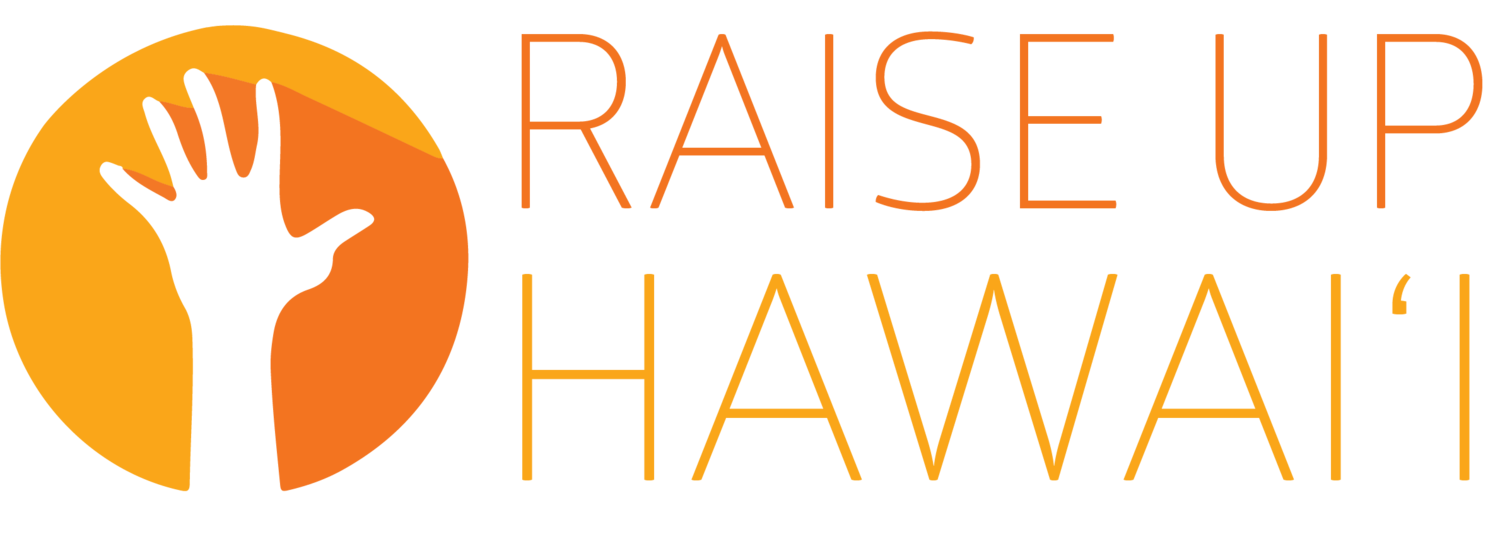‘Democratic’ lawmakers fail to pass living wage
National and local research has shown that raising the minimum wage is good for the economy. Yet, despite an avalanche of calls from workers, clergy, enlightened businesspeople, mental health experts and doctors, Hawaiʻi lawmakers let the minimum wage bill die in conference.
In the face of informed testimony from those who serve the poor, our overwhelmingly blue legislature turned a deaf ear, and punted. In one hearing after another, a small group of the same businesses testified about how hard it was to make time to come to the state capitol to oppose paying their workers a living wage.
Meanwhile, many on minimum wage were completing their first shift and heading to a second job to scrape together a living. They could not afford to go advocate for themselves.
Putting the minimum wage on track to the state Department of Business, Economic Development and Tourism’s own self-sufficiency standard of $17 an hour for a single childless worker, would have helped move thousands off our sidewalks. It would have kept more from joining the tarp-covered villages that dot the landscape in Honolulu, the houseless capital of the nation.
The need is as obvious as it is great. Lawmakers’ failure to move toward a living wage can only mean that they find the epidemic of houselessness, and nearly half of all families living in poverty, acceptable in the Aloha State. We spend millions trying to attract tourists while thousands of local residents live in squalor—until they are swept away from time to time like ʻōpala.
Maryland, with a Republican governor but a strong Democratic Assembly, took a veto-proof vote in March to move their workers to $15 an hour by 2025. Hawaiʻi’s cost of living is higher than Maryland’s—yet our lawmakers failed to reach agreement in conference.
One lawmaker reportedly called the outcome “bittersweet.” No, it was just bitter.







